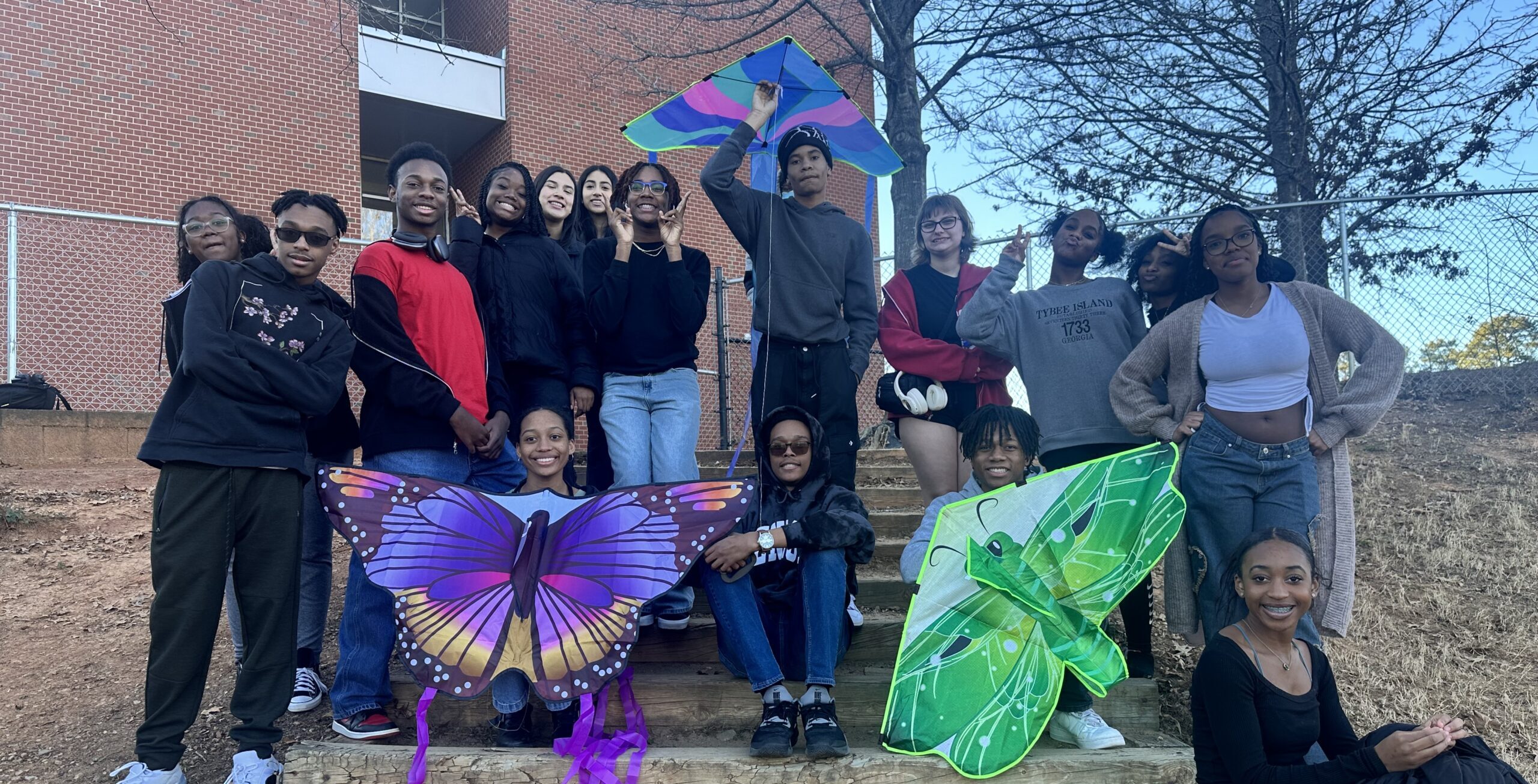
Elevating Education: The Crucial Role of After-School Programs in Student Success
By Vivian McCarter-Blankson
Family Life Assistant Director
When the school day ends, for many students, the real fun and growth happens during those extra hours spent in after-school programs! As a former participant in after-school programs, I have personally experienced the impact that a high quality program can have on a student. In fact, I apply the skills and experiences I developed in after-school programs to the professional job I have today. Fortunately, my experience is not isolated.
High-quality after-school programs during out-of-school-time, are proven to have positive outcomes on a student’s academics, social emotional learning, and safety. The National Collaboration for Youth Members (as cited in Hall & Gruber, n.d.), defines a quality program as one that “meets the challenges of adolescence and adulthood through a coordinated, progressive series of activities and experiences which help them to become socially, morally, emotionally, physically, and cognitively competent.”
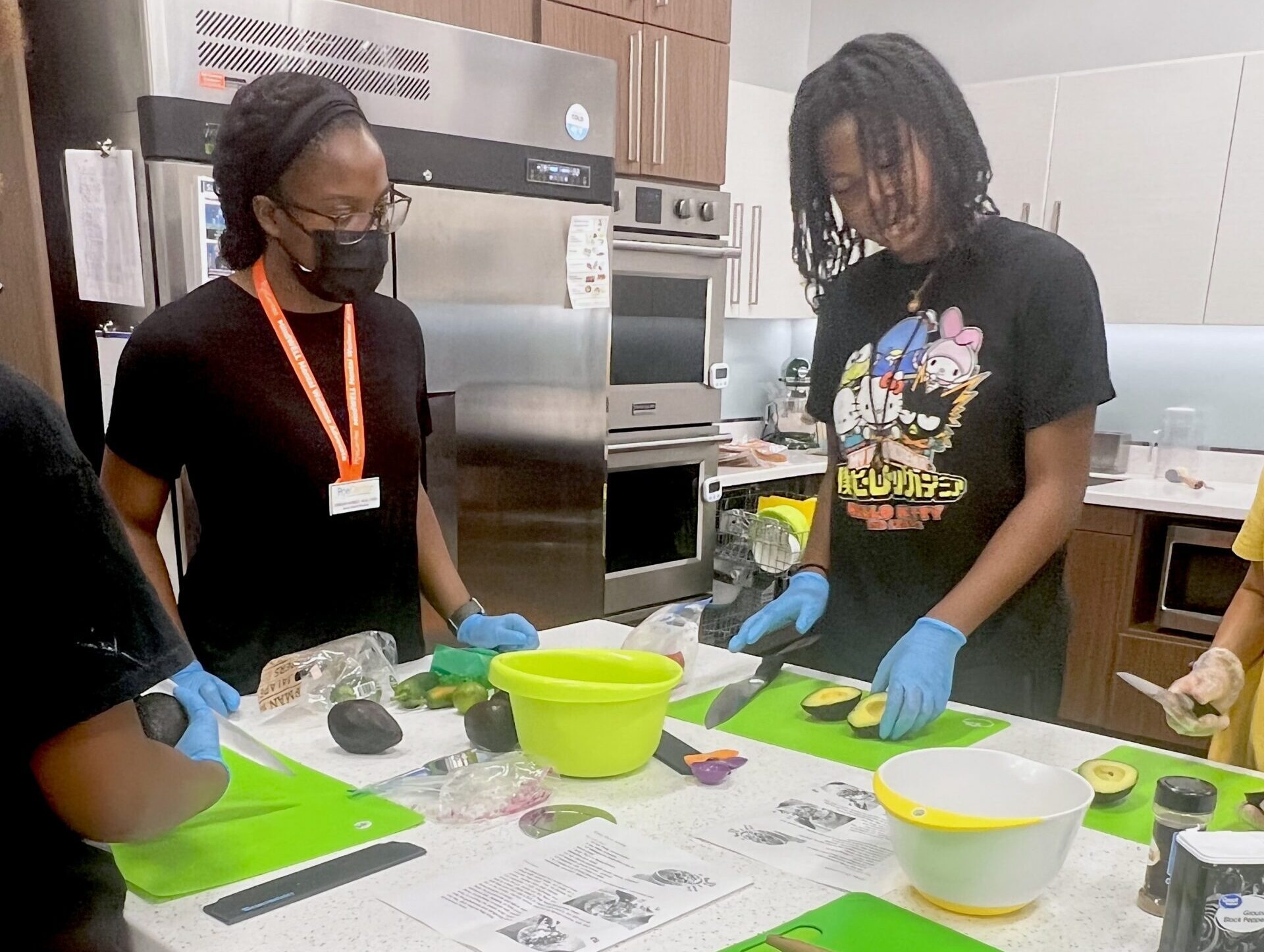
The Nita M. Lowey 21st Century Community Learning Centers (21st CCLC) is a great example. The purpose of the 21st Century Community Learning Centers is to provide academic enrichment and family engagement for students that attend high-poverty, low-performing schools.
The Poe Center and 21st Century Community Learning Centers
Since 2021, the Poe Center has collaborated with local high schools to co-host impactful 21st Century Community Learning Center (CCLC) programs. Results have been very positive. A parent of a child currently enrolled in the program expressed, “It gives [youth] a place to grow and thrive. My oldest nephew told Ms. Shay (a local 21 CCLC mentor) that this program has saved his life!”
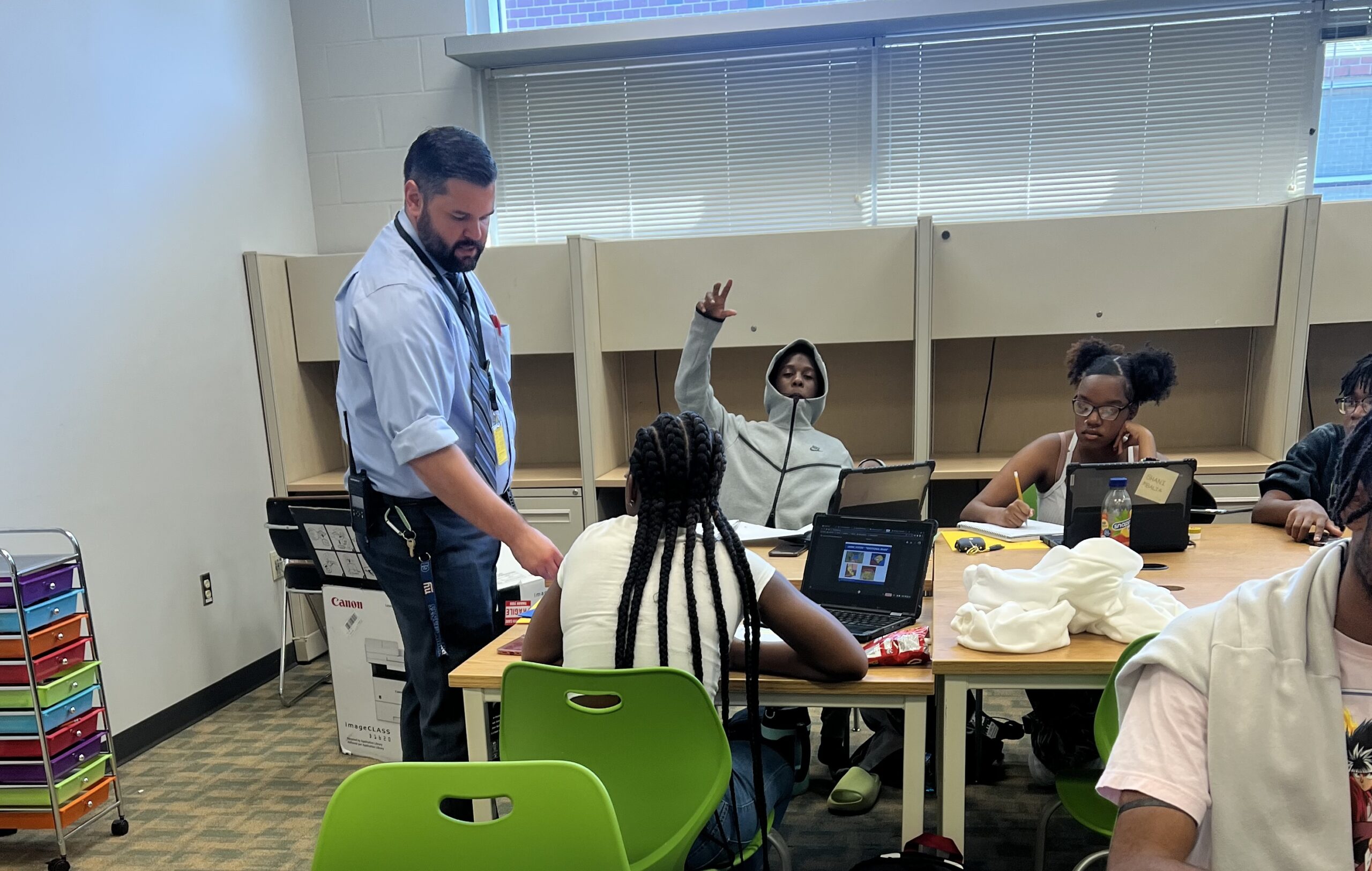
The successes of the program have far exceeded the Poe Center’s expectations. Thanks to Poe’s 21st Century program, a high school senior who did not have enough credits to graduate was able to complete their credits and graduate on time. Other successes of the program include helping students become certified in phlebotomy increasing their opportunities for jobs after graduation. For some participants, the 21st CCLC program afforded them the opportunity to travel outside of the state for the first time, such as trips to Engineering Day and participation in STEM activities at Kings Dominion. The impacts of the 21st CCLC programs on each student is unique and meaningful. The impacts of the program as a whole are equally effective and often extend to the family, as well.
Benefits of High-Quality Afterschool Programs:
Academic Improvement
Quality after-school programs, such as the 21st CCLC programs, have proven to narrow the achievement gap, create better work habits, and reduce dropout rates. After-school programs give students the extra time and support many need to fully focus on classroom standards and participate in enrichment activities that dive deeper into learning objectives. These activities typically incorporate math, reading, and science skills. For example, if students are learning about fractions in class, they may have a cooking activity in their program that supplements classroom learning. Oh, and don’t forget about homework! Often, students who attend out-of-school programs have a place to finish their homework. What caregiver doesn’t want their students’ homework to be done before coming home?
Safety
Every caregiver’s main priority is their child’s safety. Unfortunately, not all caregivers are able to be at home when their kids get out of school. High schoolers enrolled in after-school programs have a safe place with adult supervision. This helps reduce the chances of engaging in risky behaviors. Caregivers can be sure that their children are in a nurturing environment designed for positive child development.
Social Emotional Learning
Social Emotional Learning (SEL) helps students work on social and emotional competencies. This helps children to improve self-worth, obtain leadership skills, experience belonging through group work, and more. These skills are an integral part of the workforce. It’s been proven that SEL leads to higher rates of employment. Who knew, after-school programs could be training your child for a future career!
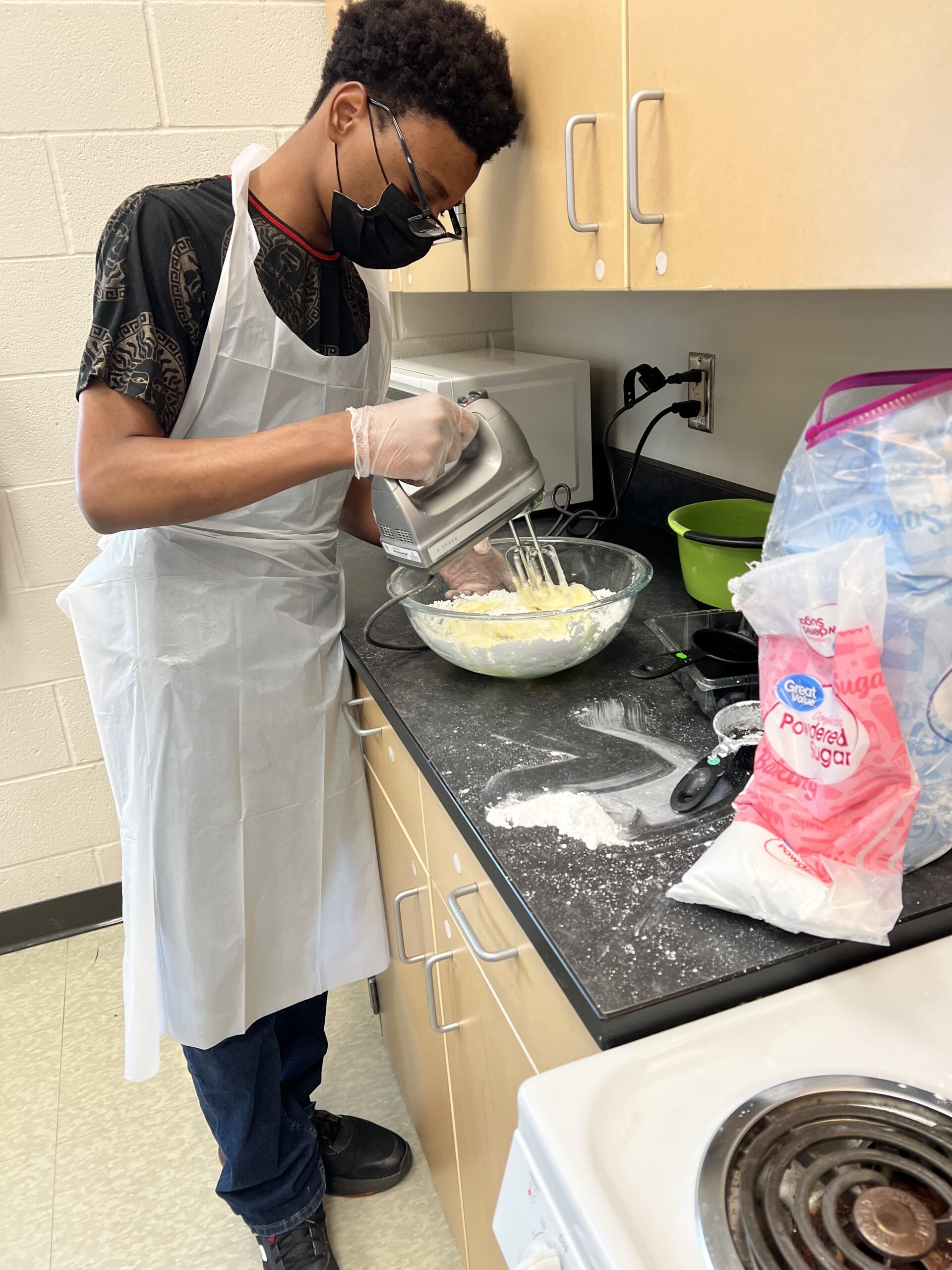
Are you thinking about enrolling your student in an afterschool program?
In a guide by Kate Kelly and Sheldon H. Horowitz, they provide a comprehensive list of questions to consider when evaluating after school programs:
Here are five questions you can ask:
- Does your staff have a background in education? Does that include child development for kids who learn and think differently?
- Does the program offer both academic and social activities?
- How are kids encouraged to try new activities and build new skills? Will my child be learning something new every day?
- If necessary, could the staff talk to my child’s teachers, or will I need to be the go-between?
- Will food and snacks be provided? If so, what kind?
There are many reasons to register your child for after-school programs. Be sure you are looking into the quality of the program with a focus on safety and development, and your child will gain life skills and a once-in a-lifetime experience!
References:
Hall, G., & Gruber, J. (n.d.). The Role of Out-of-School Time Programs in Positive Youth Development and Prevention. National Institute on Out-of-School Time. Retrieved from https://www.niost.org/pdf/MSC_brief_Hall_Gruber.pdf
Kelly, K., & Horowitz, S. H. (n.d.). 19 Questions to Ask About Afterschool Programs. Retrieved from https://www.understood.org/en/articles/checklist-questions-to-ask-when-looking-at-afterschool-programs
Youth.gov. (n.d.). Benefits for Youth, Families, and Communities. Retrieved from https://youth.gov/youth-topics/afterschool-programs/benefits-youth-families-and-communities
In accordance with our mission to educate and empower children, youth, and their families in North Carolina, the Poe Center for Health Education is excited to announce that we are currently in the process of applying for 21st Century Learning Centers (CCLC) funding. Authorized under Title IV, Part B, of the Elementary and Secondary Education Act (ESEA), the goal of Nita M. Lowey 21st CCLC programs is to provide federal funds to establish or expand community learning centers that operate during out-of-school hours providing three specific purposes: to provide academic support, academic enrichment experiences, and family engagement opportunities. Currently, we serve over 125 high school students with our 21st Century afterschool program at three schools. We are planning on expanding our program to reach more students at seven high schools in Wake County.
Featured Program: M.I.N.D. 101 – Mindfulness in Navigating Decisions
Participants will explore how thoughts, feelings, and actions are connected and how to use a growth mindset to increase mental wellness. Identifying stress, positive management techniques, healthy decision making, and goal setting will also be explored. Engaging activities, such as positive affirmations, physical activities, and mindfulness exercises, are used to help participants develop stress management and wellness skills.
Program Participants:6th Grade, 7th Grade, 8th Grade
Program Length: 60 minutes
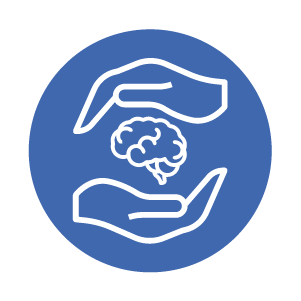
Featured Video: After-School Should Not be an Afterthought: Jim Clark
Learn more about the value of after-school programs from Jim Clark, President and CEO at Boys & Girls Clubs of America.

